Road trips are a fun way to explore new places and enjoy some quality time with your friends and family. While you can set out without any plan and have an impromptu blast with your buddies, having a plan makes everything so much better. Here is a 10-point checklist that will help you with planning you next trip.
Make a list of locations you wish to visit
Before even beginning your journey, you need to compile a list of the hot destinations that you wish to hit on the trip. Try to avoid very popular locations because they are most likely to be crowded with tourists. If you are not bothered by crowds, then you don't have much to worry about, but if peace is what you are after on your trip, then make sure to avoid the crowded locations and look for the less-explored spots where you can spend some quality time with your family. Do a thorough research on the locations you intend to visit. Traveler's forums and blogs are great places to gather unbiased information about the destinations and also find out more about locations that have not become as popular as the hot spots. If you will be travelling with partners, discuss your own individual lists (if any) and decide upon an unanimously agreed upon list of locations.
Decide who you want to travel with
Speaking about travel partners, be very mindful of who you want to travel with. Your partner must have the right temperament to be on the road for long hours without breaks, and he or she must be willing to let go of the comforts of a few comforts. Take care of basic things such as age, or disability which might make things difficult for both you and your companion. Pregnant women or people who have had a recent surgery (within 3 months) should not get on a long road trip. Anyone who needs continuous medical assistance or suffer from gastrointestinal distress should avoid road trips.
Decide your ride
The next step is to decide your ride. Two-wheelers or four-wheelers, both have their own pros and cons. Cars are great for carrying more than 2 people in comfort, but the overall expenses will be much higher than completing your trip on a two-wheeler. Cars are better in terms of weather protection and arguably safer than bikes. Having said that, two wheelers offer an unparalleled sense of freedom. The feeling of wind shuffling through hair is what draws thousands into the folds of motorcycle touring. Decide all the pros and cons and find out what works best for you, and also what is available to you easily.
Plan which route you wish to take
There is good likelihood that there will be many roads leading to the destination you are heading into. Find out which route you wish to take. There might be some specific locations that you wish to visit on the way that might be accessible on a certain route. Find out the cost implications and decide the route that makes the most sense for you. You might also pick one route to reach your destination and another one to return. Check out what people are saying about the routes and what makes them better than the other.
Pack light, pack smart
The third point on your check list should be what you should be packing for the trip. This is very important especially if you are going to make the trip by motorcycle. Always pack things that you are going to absolutely use. Ignore the things that you can replace with other multipurpose items, or with something that can be bought locally. Consider investing in a pair of side luggage box and a mobike top luggage box to carry all of your luggage safely.
Think about your safety
Your safety is very important, irrespective of whether you are travelling by car or motorcycle. If you are going by bike, a branded high-quality safety helmet is crucial and mandated by law. You will also need riding gloves and boots: all of which are important to keep you safe on the road. Consider buying travel insurance to cover any unseen accidental expenses or theft. Safety is also something that you need to consider when you are settling in for the night. This is especially important if you are camping on open grounds or putting up in an affordable hotel with no dedicated security. When you are on the road, be sure not to stop your vehicle in a high traffic area, or over bridges or overpasses. If you are on a motorcycle, do not halt in areas with low visibility or low human presence because such locations are the hot bed for criminals.
Have an emergency exit plan (back-up)
Never get on a road trip without an exit plan. Being in an unknown location puts you at a disadvantage because you usually do not have anyone you know to fall back upon or depend for help. That is why you need to have an exit plan as a backup to get yourself out of a sticky situation. Let someone back home know your whereabouts periodically. Another way to let people stay aware of your progress is to have an online journal that people can read and know the progress of your journey.
Get your finances in order
The next thing to take care before starting your journey is to get your finances in order. Arrive at a well-educated estimate of how much you are planning to spend on fuel, food, accommodation and tolls. Put your money together and make sure to have a little extra as backup because you never know when you might need to dip your hands into the emergency funds for an urgency. Also, when you pack your money, do not put everything together in one place and do not have all the money in cash because that might attract unnecessary attention from miscreants. Always visit ATMs during the day when everything is bright and there are other people around to see if something goes wrong. This is far more important when you are travelling by bike because your apparel might give you away and you need to keep an eye on your motorcycle which might get stolen if left unattended for long periods of time.
Where do you plan to spend the night
A large chunk of most travel budgets is dictated by the accommodation expenses. That is why many frugal travellers choose to put up in their own camps and tents. If you are travelling alone by a car and you don’t mind spending the night inside the car (if the weather permits, and the environment seems safe enough), you can save a lot of money on accommodation this way. The same also goes for motorcycle camping. Many bikers camp on open grounds after necessary permissions from landowners, that way they end saving a lot of money that they put back into their travel fund for their next trip. Things will change a lot if you are travelling with family members or very young people.
Another good way to find good places to stay is to use hotel booking apps that give you many affordable options to spend the night on a budget. This is something you need in your mobile phone whether you intend to stay in a hotel or go camping.
Staying in contact with the world
Last but not the least you will also have to be in contact with the world. Be sure to have a dual SIM card mobile phone and at least two SIM cards of the most reliable service providers in the area you are headed into. Fix a time for your daily communications with friends and family back home. The best time of the day is to communicate with people is either at the beginning of the day when you stop for breakfast or at the end of the day after finishing the day’s ride.
 Wishlist
Wishlist
 Track Order
Track Order

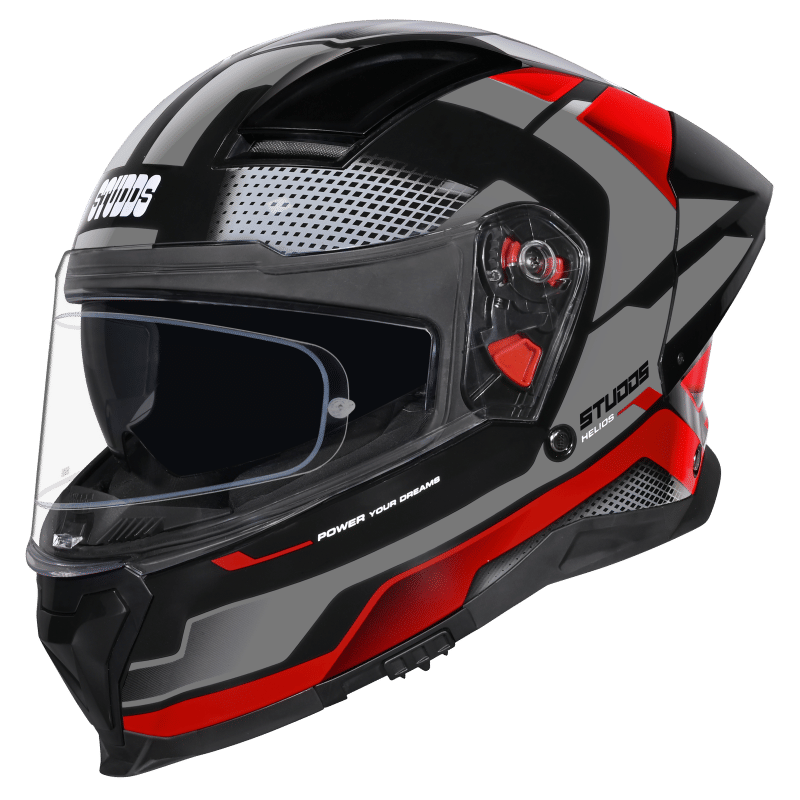
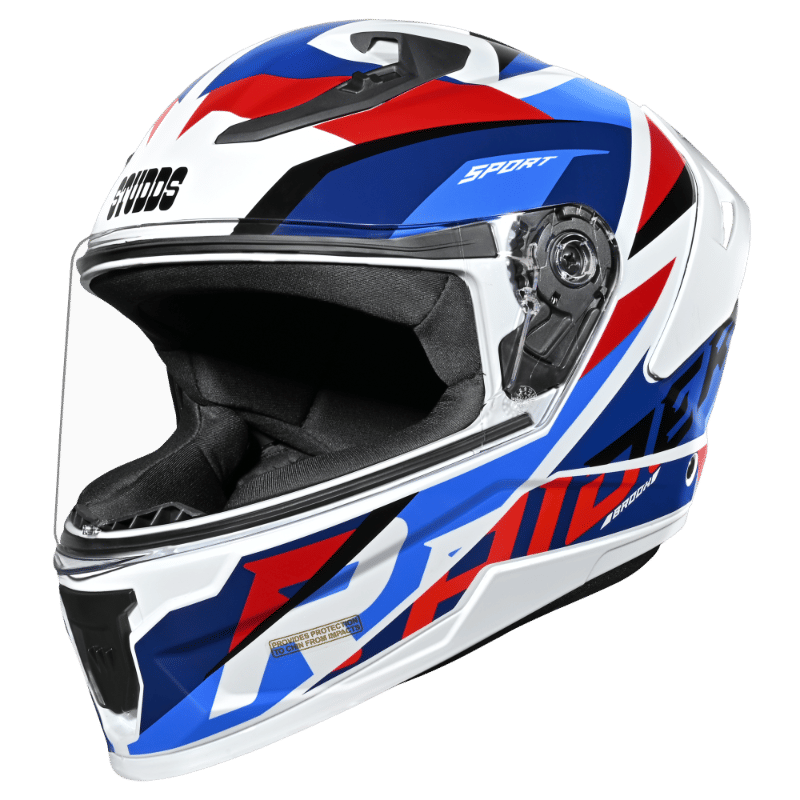
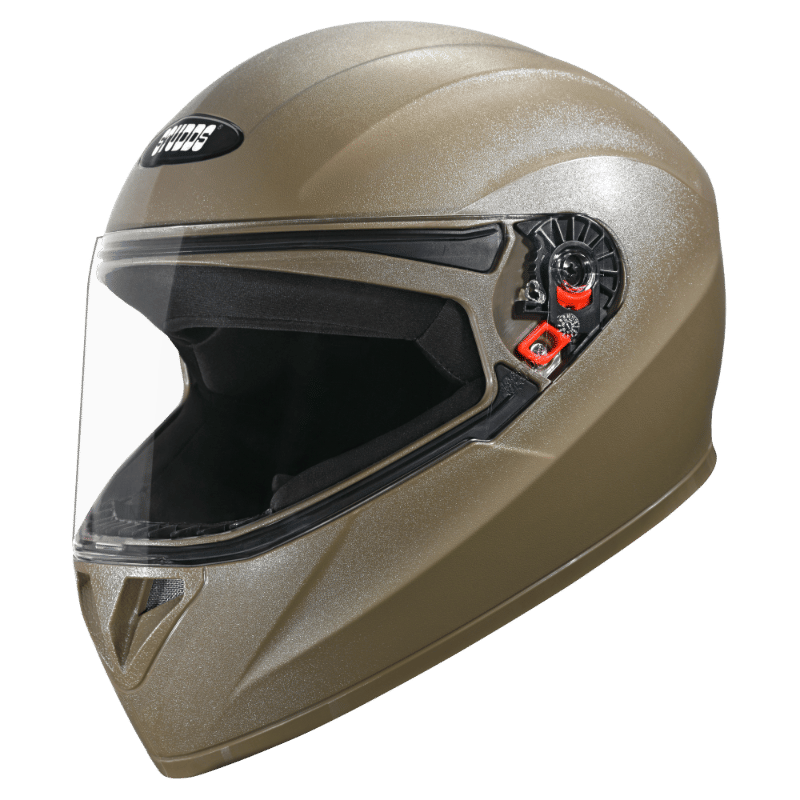
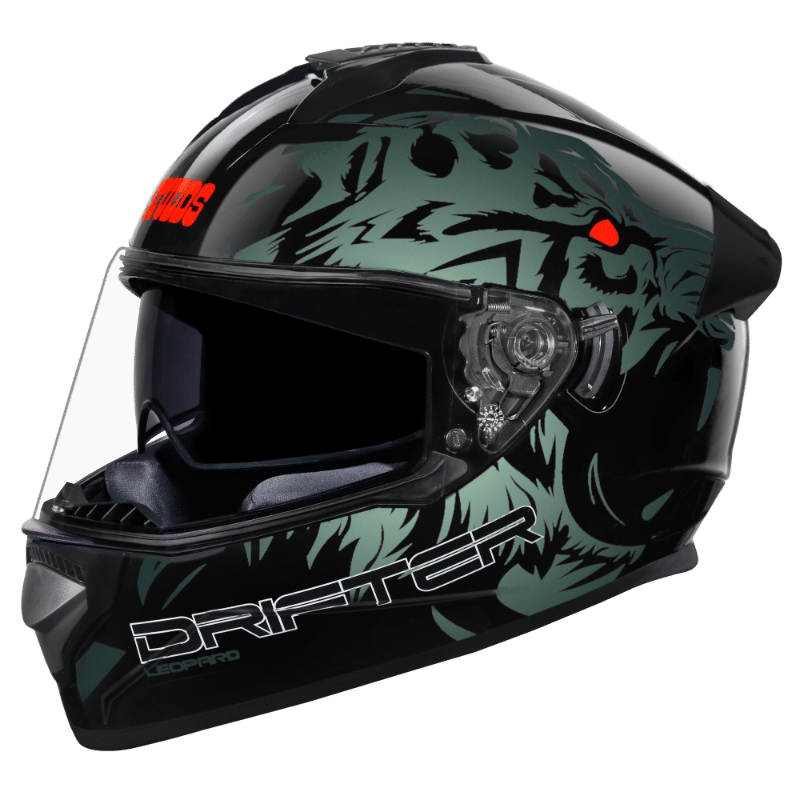
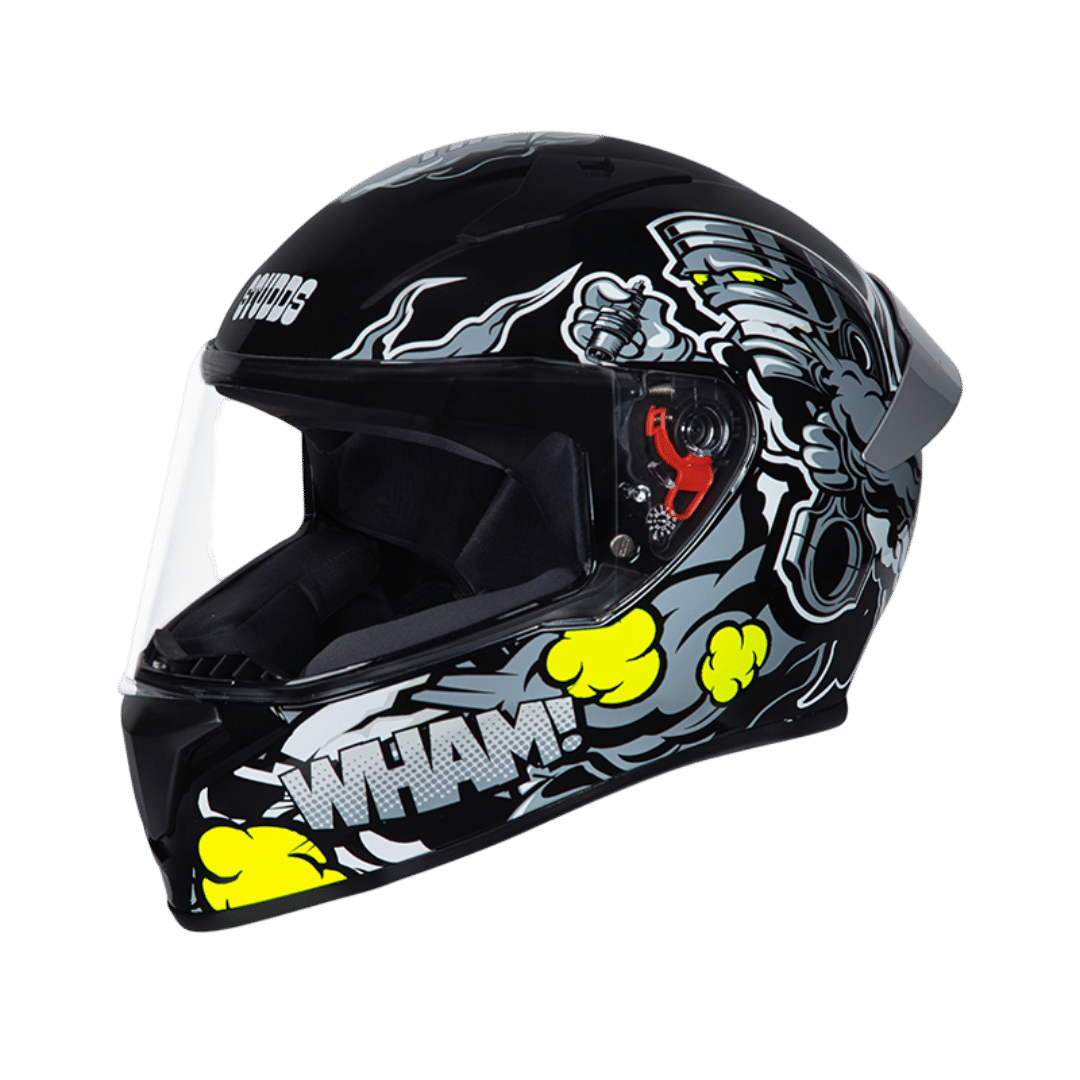
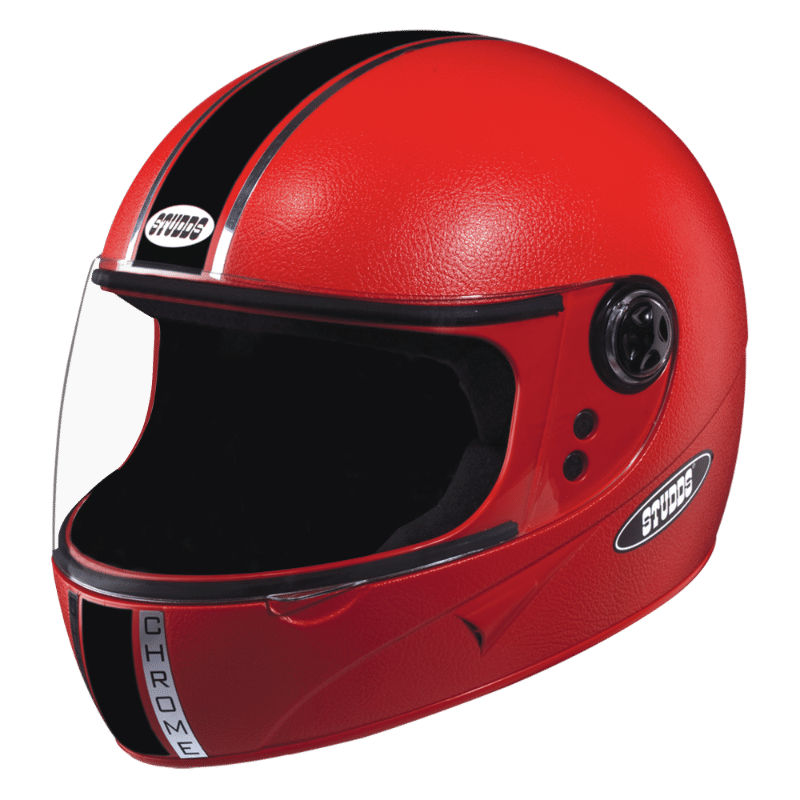
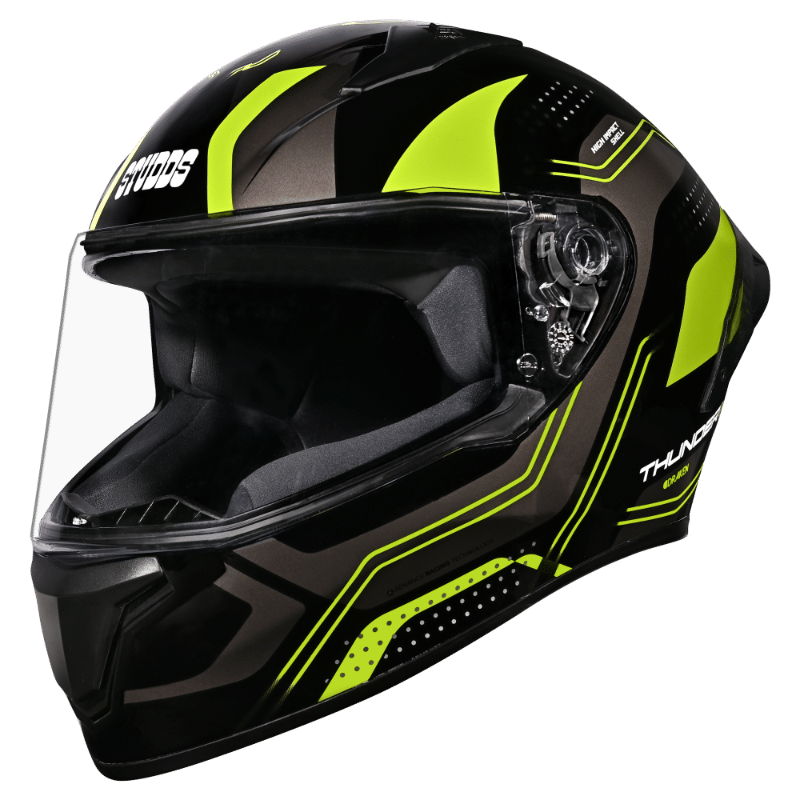
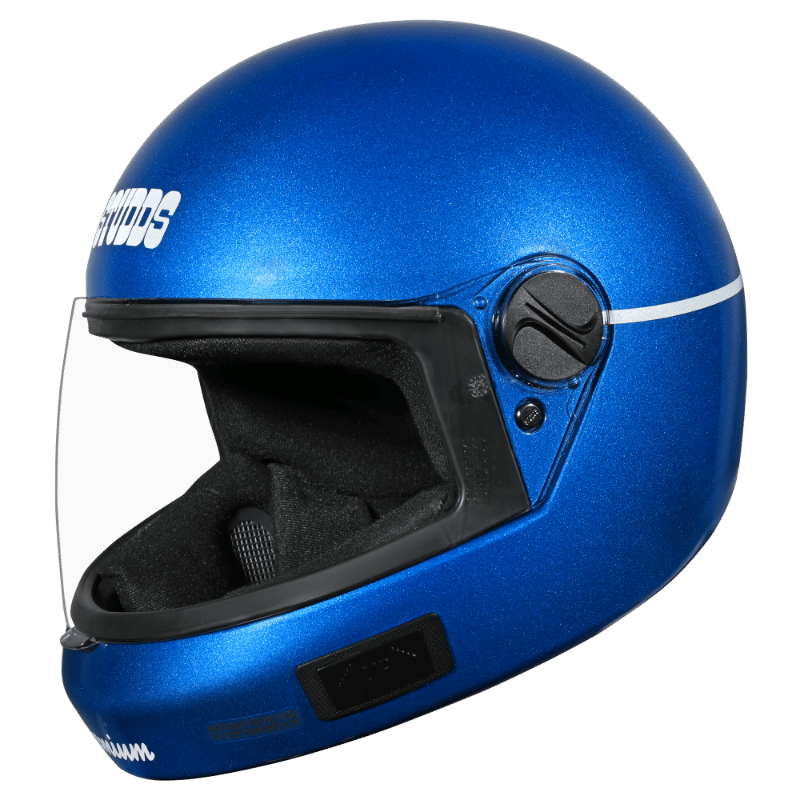
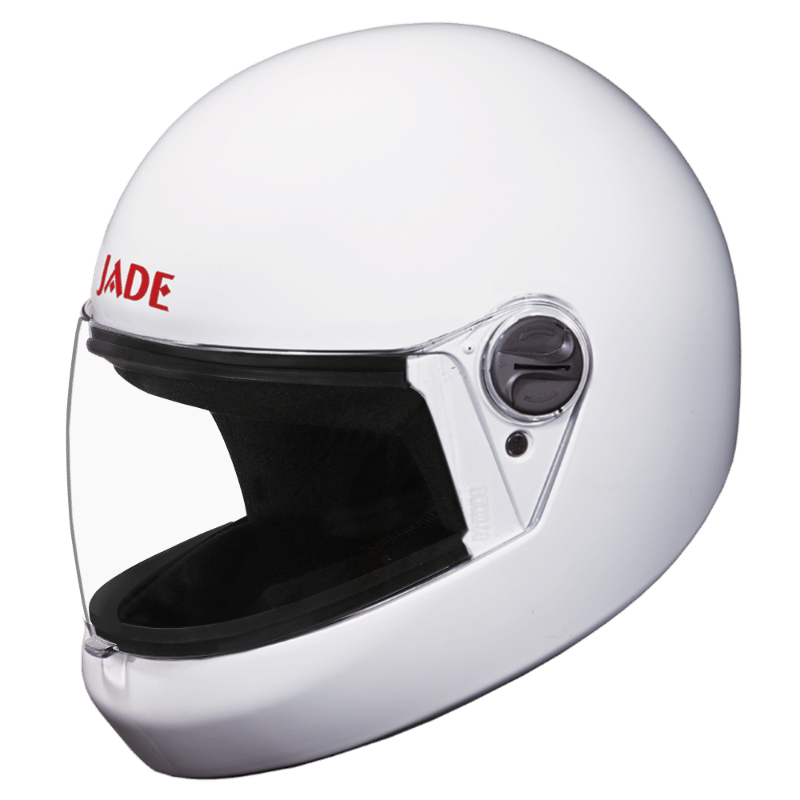
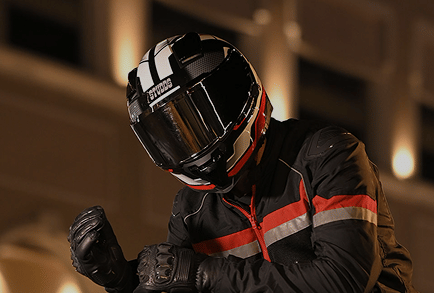

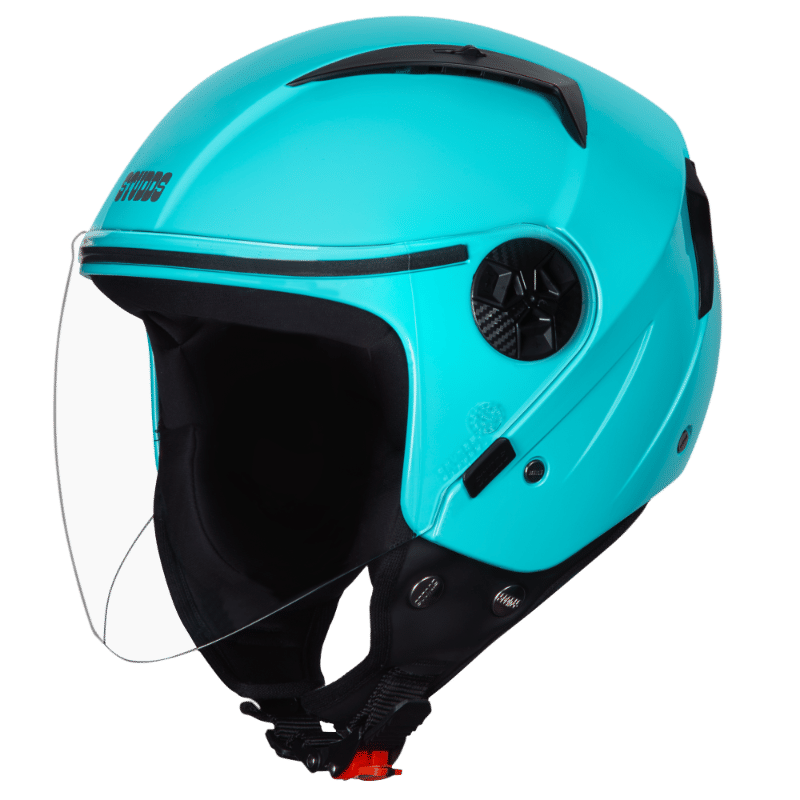
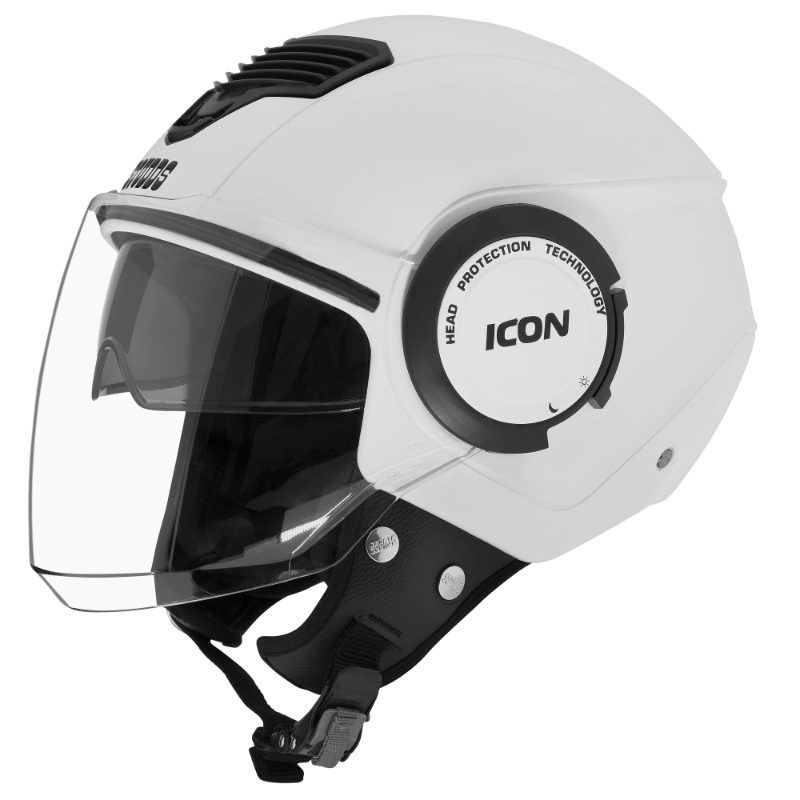
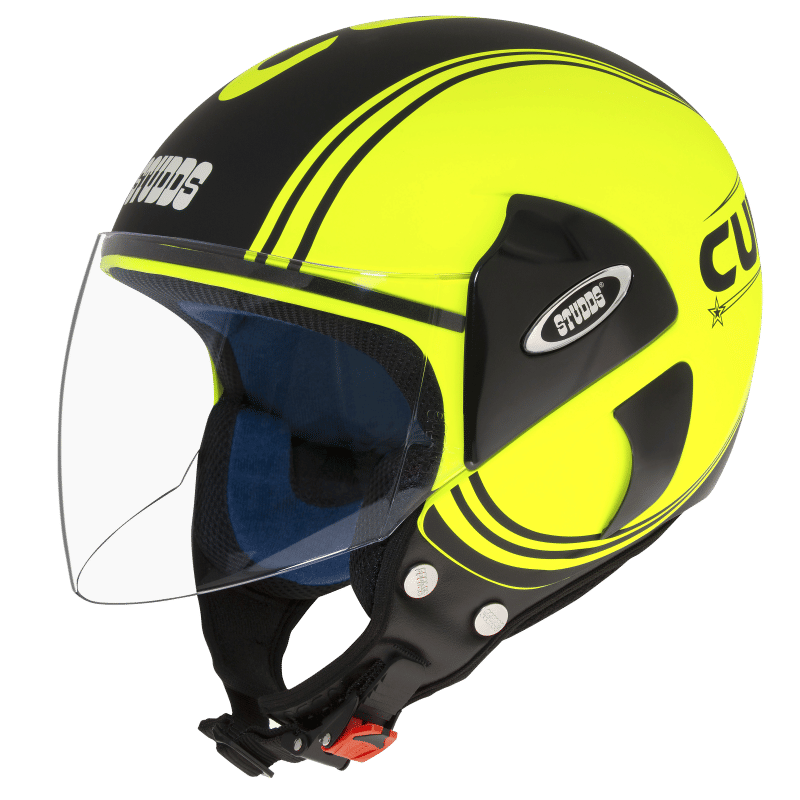
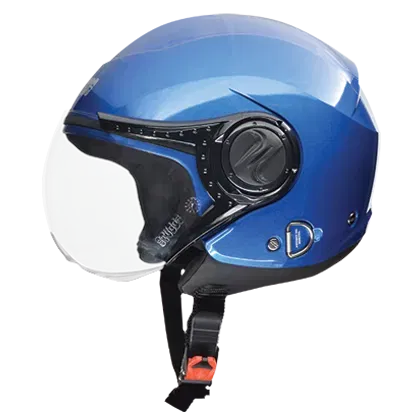
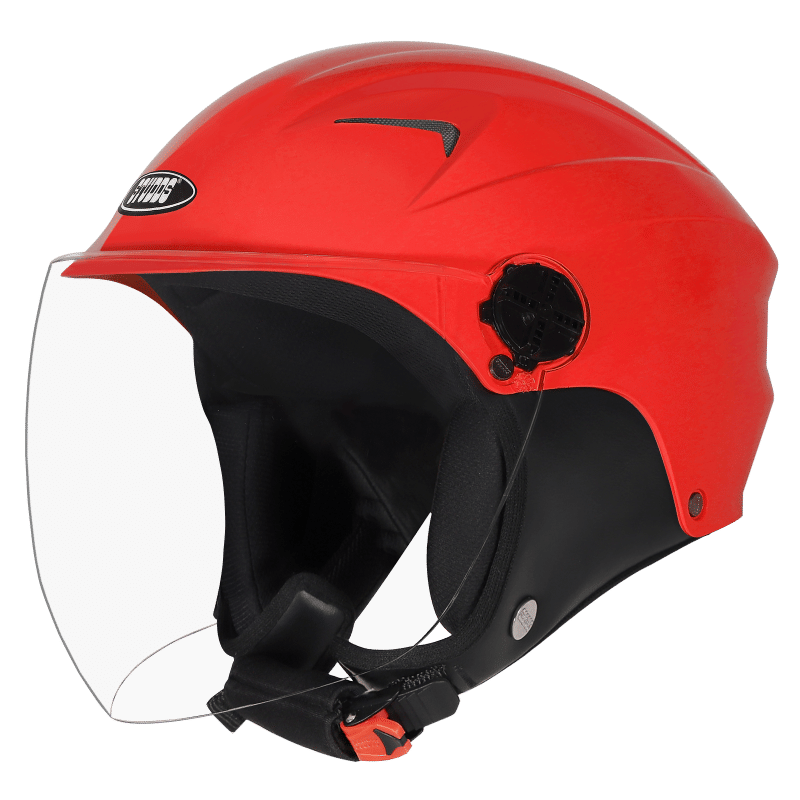
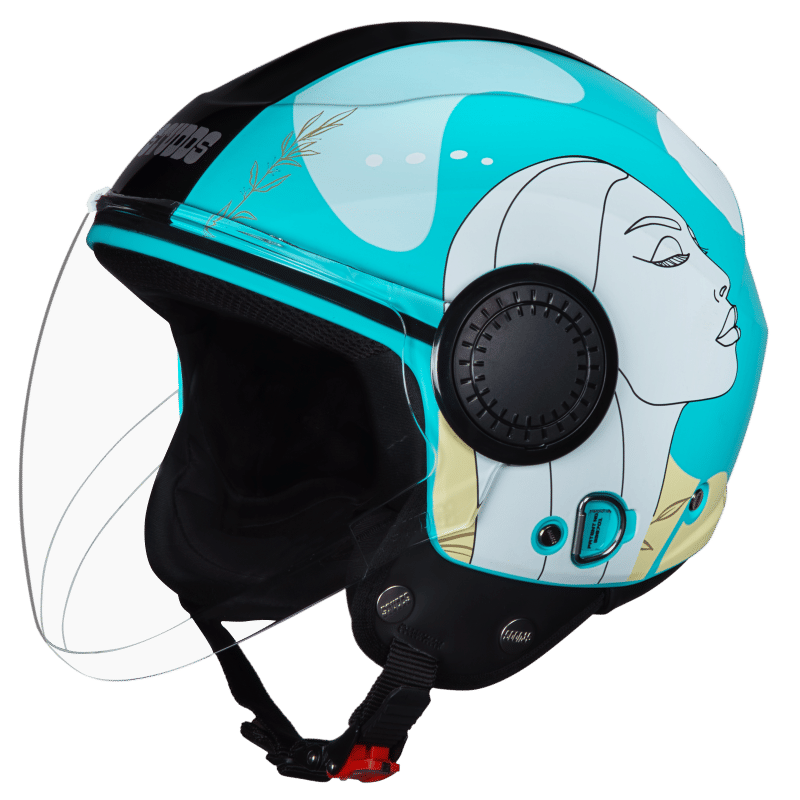
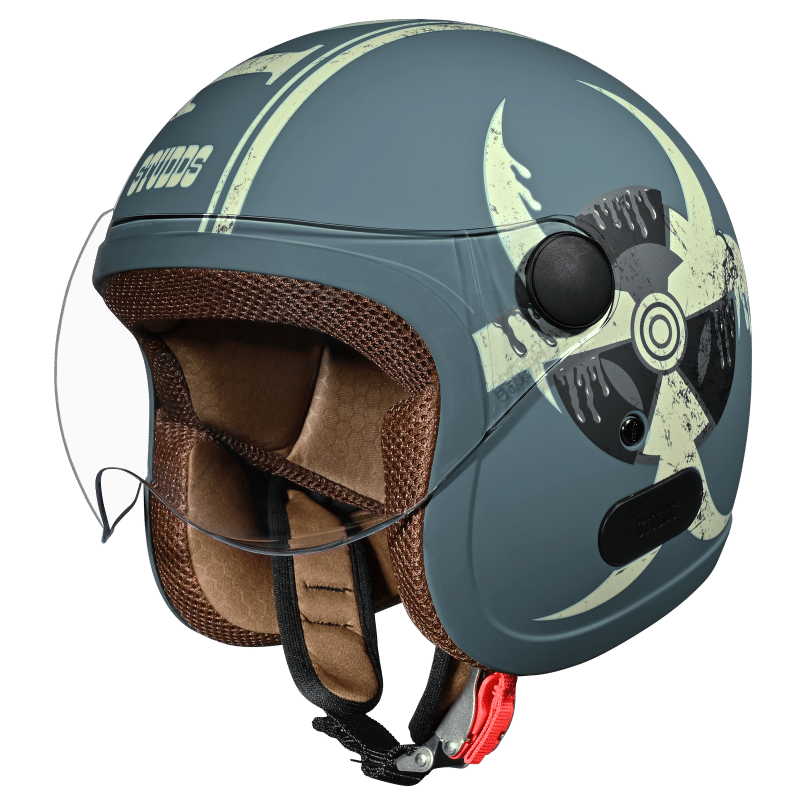
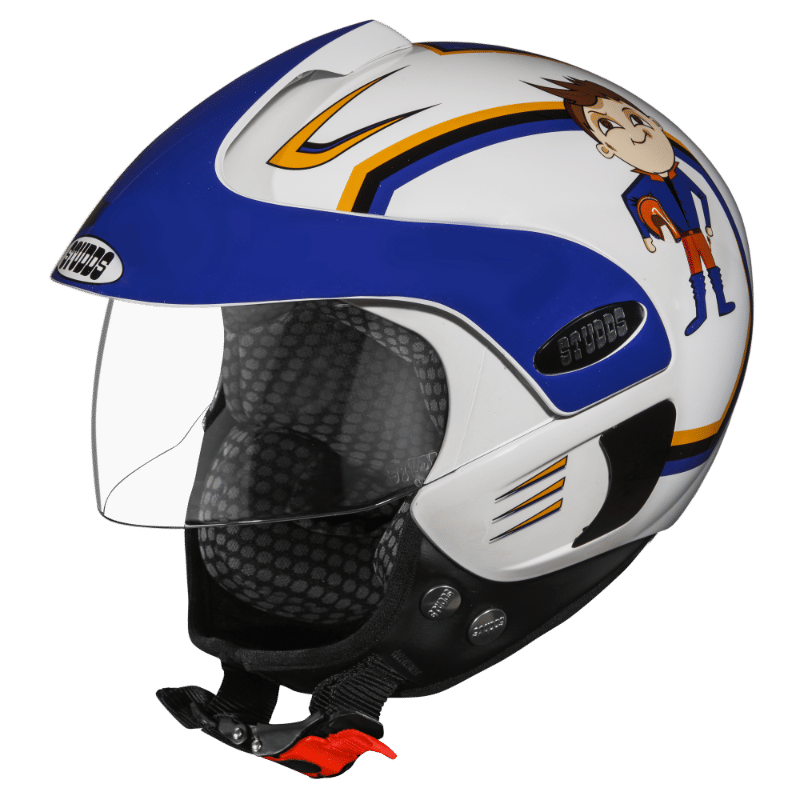
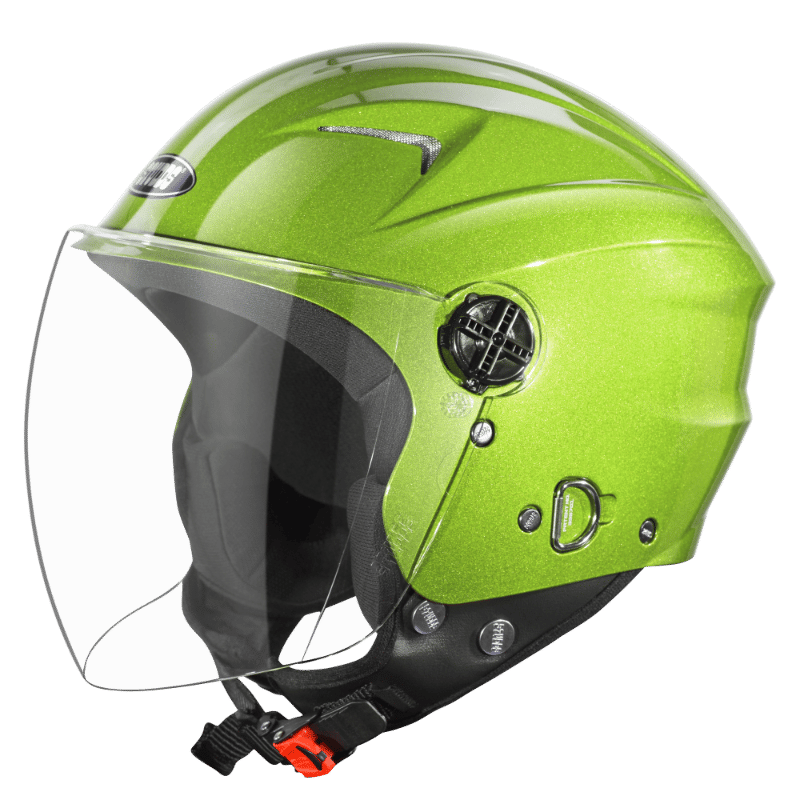
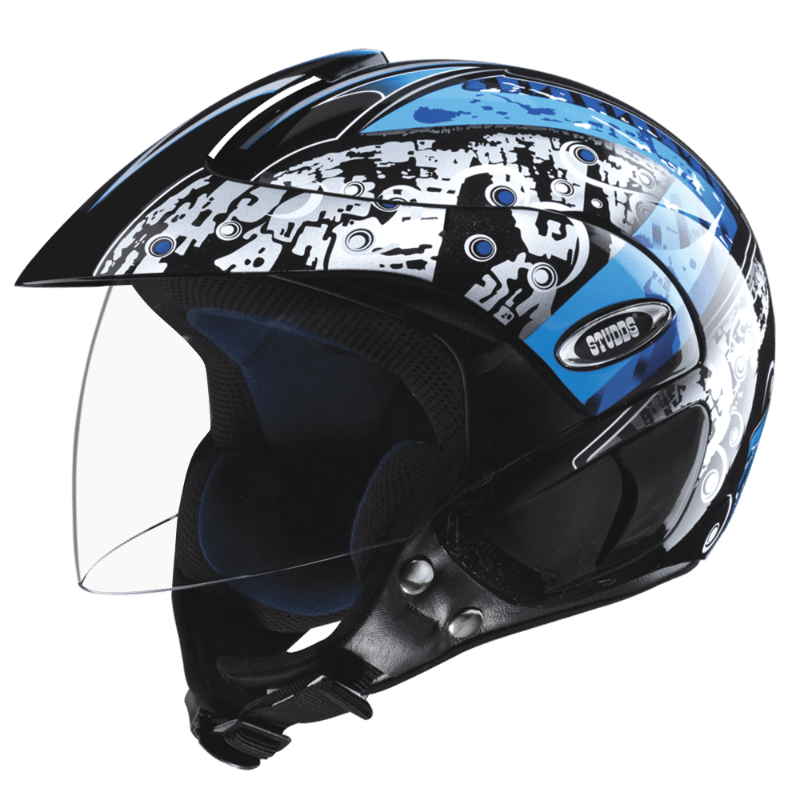
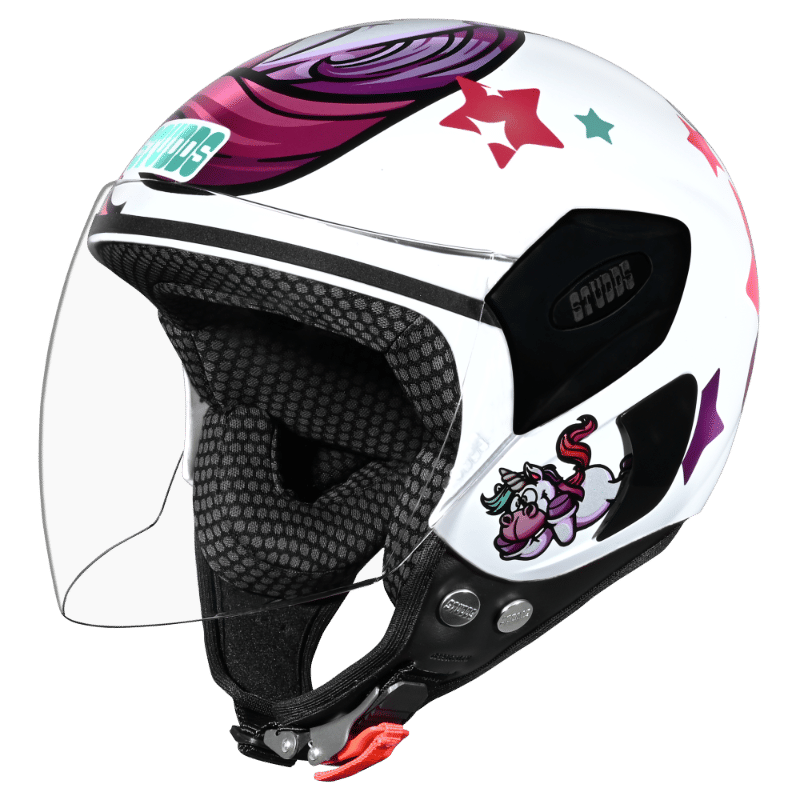
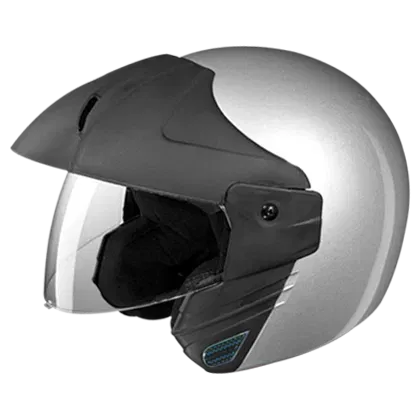
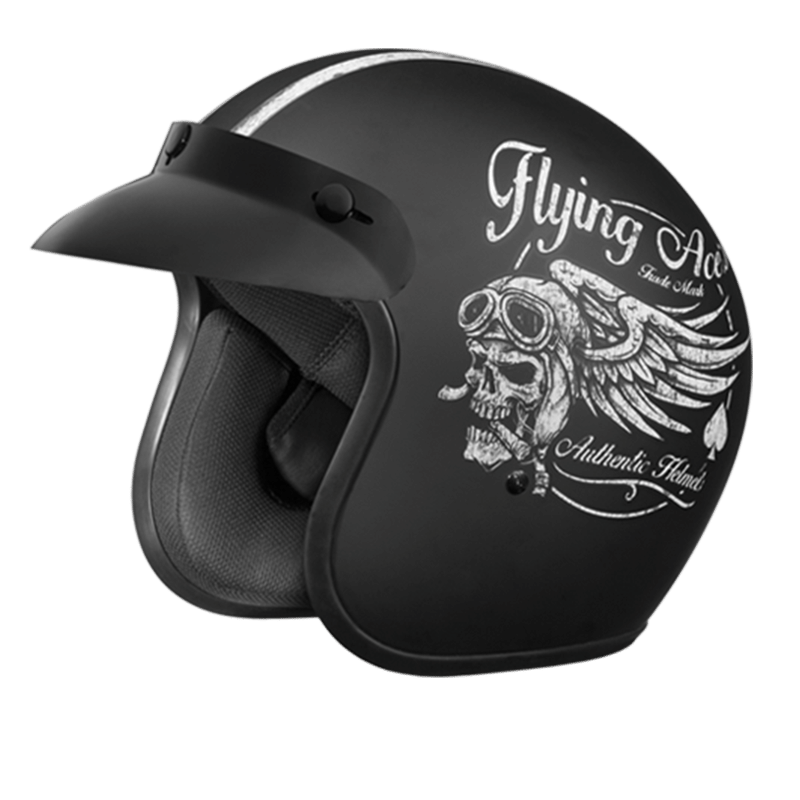
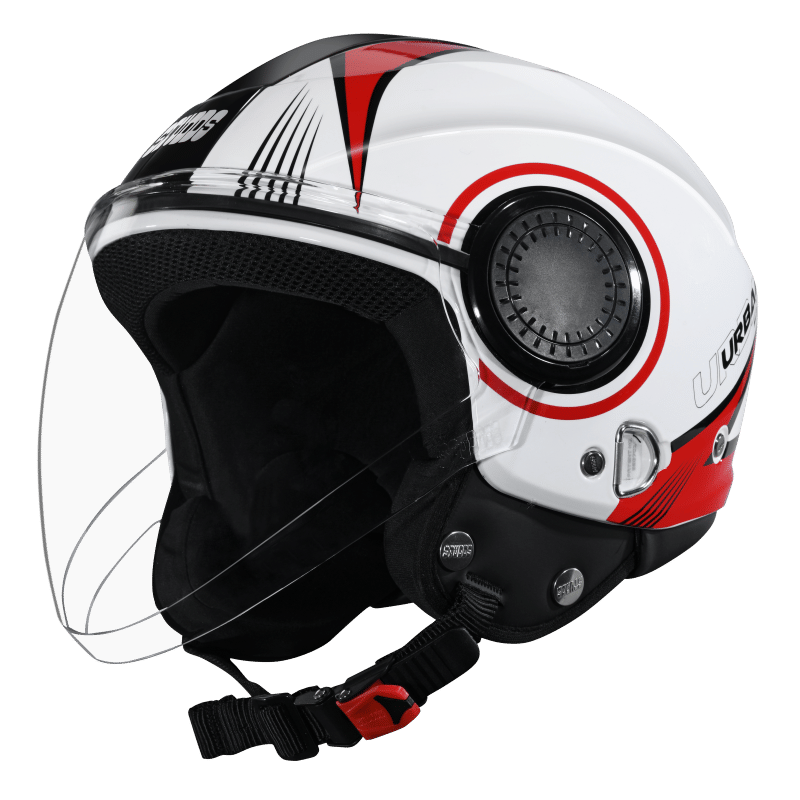
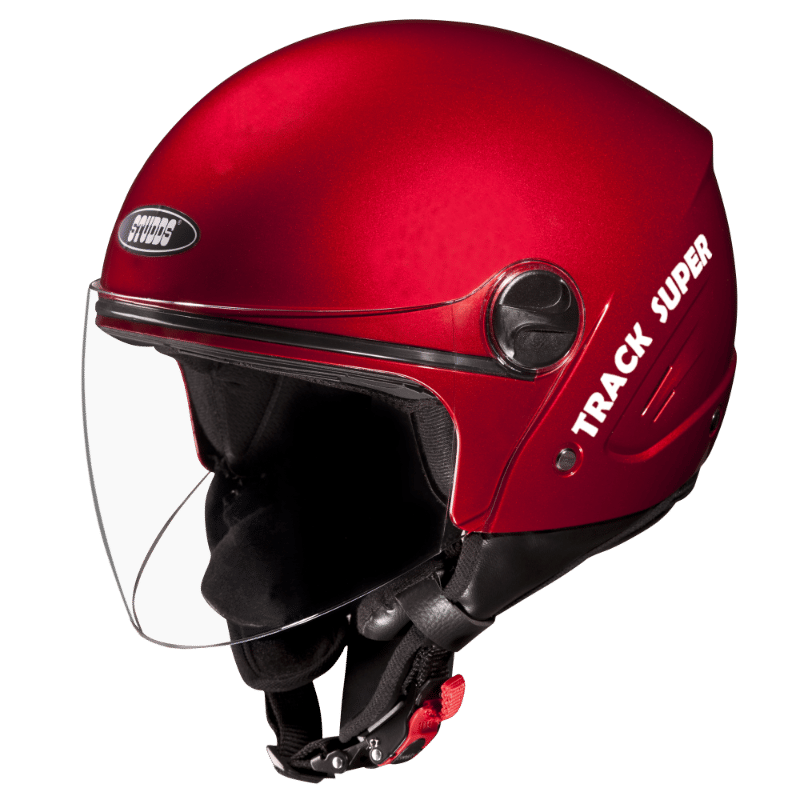
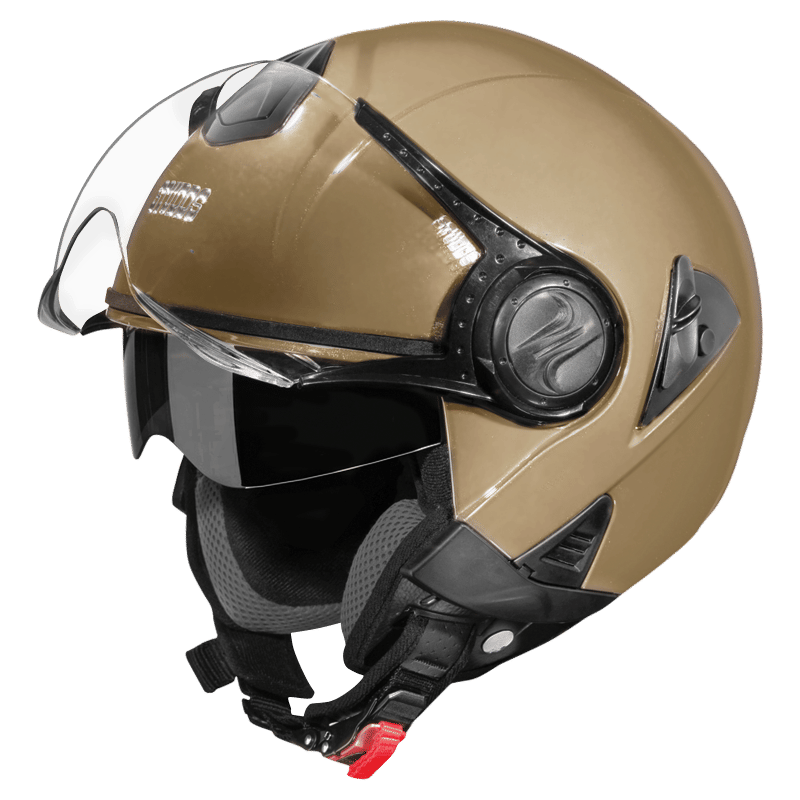
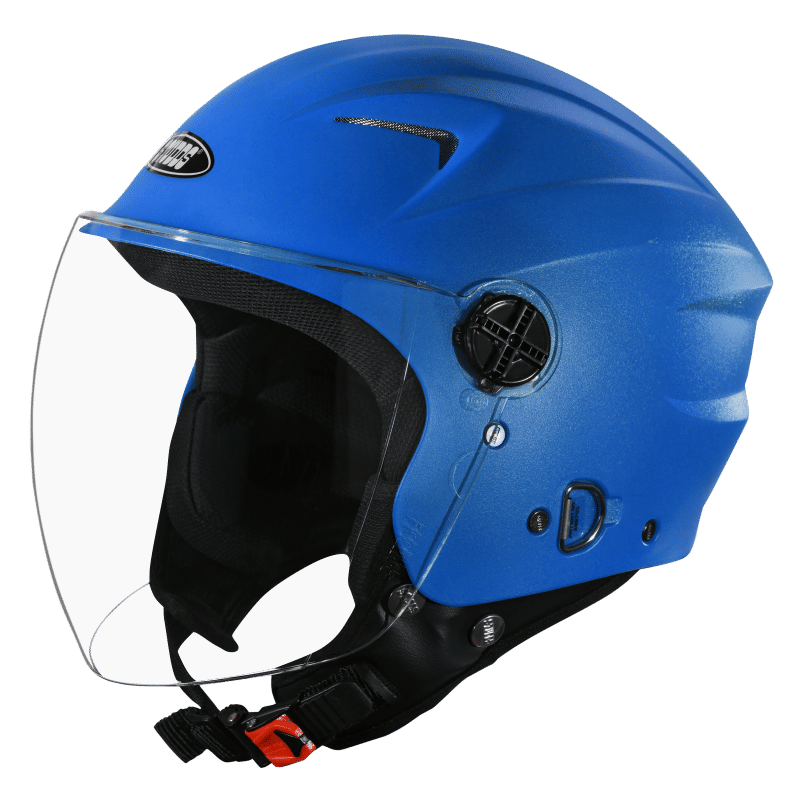
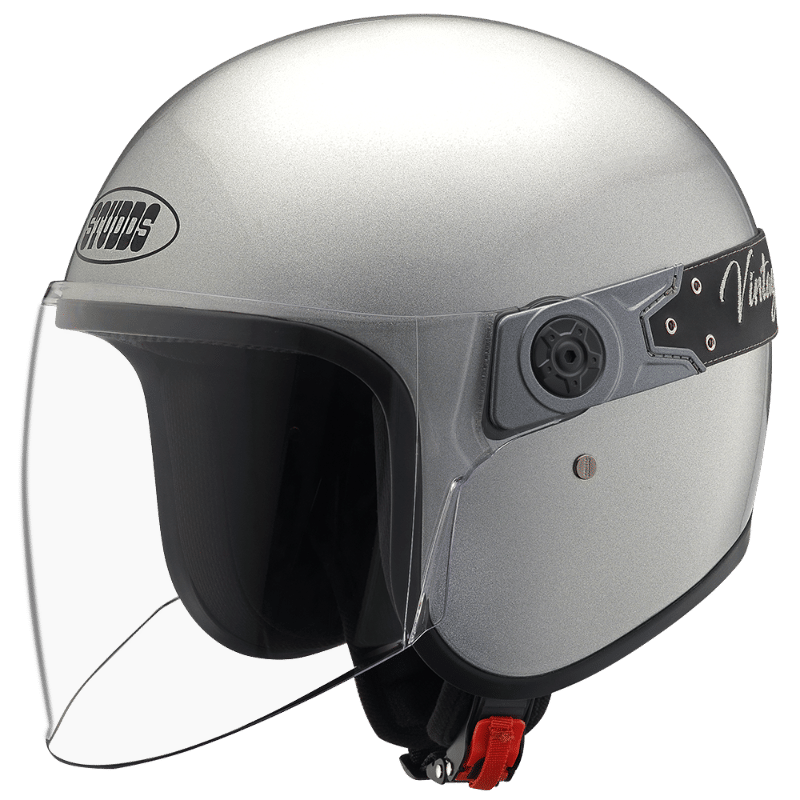
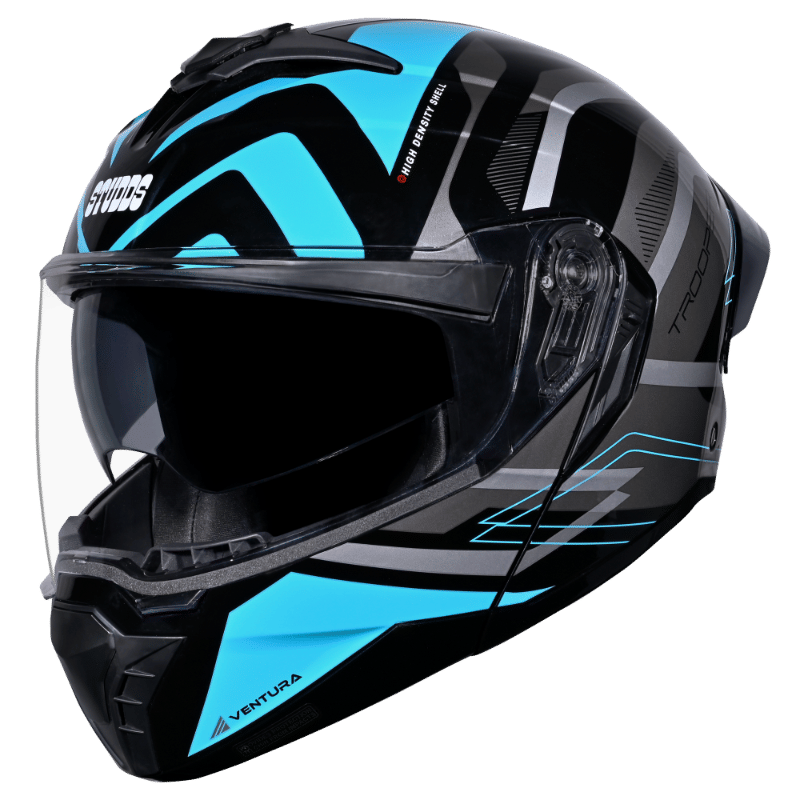
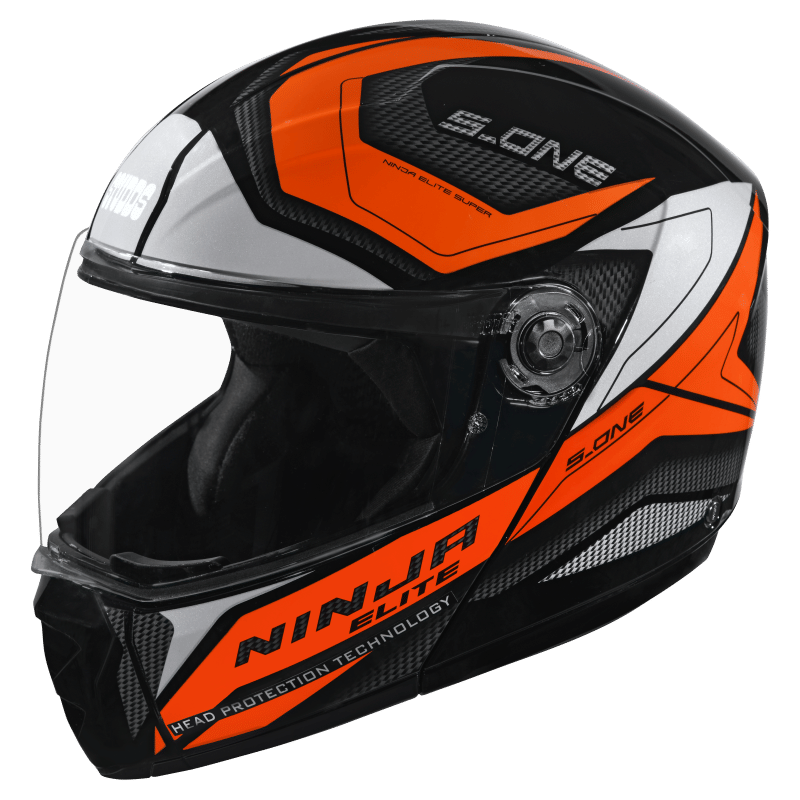
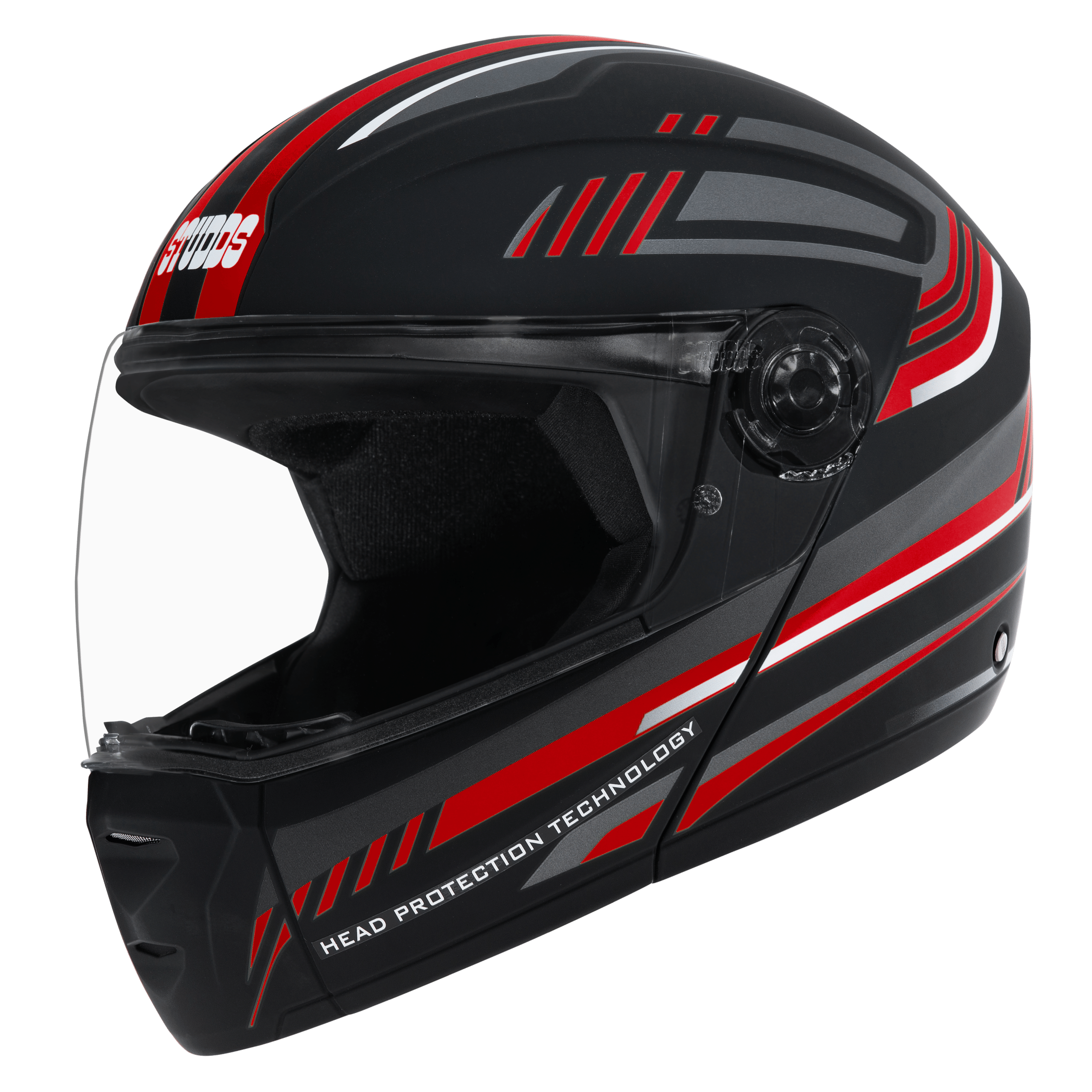
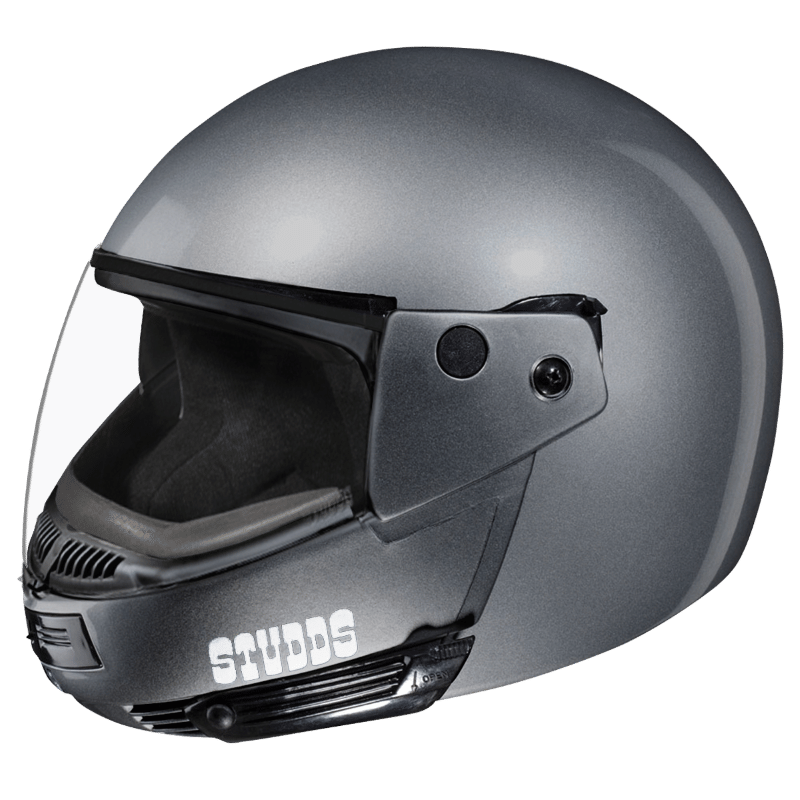
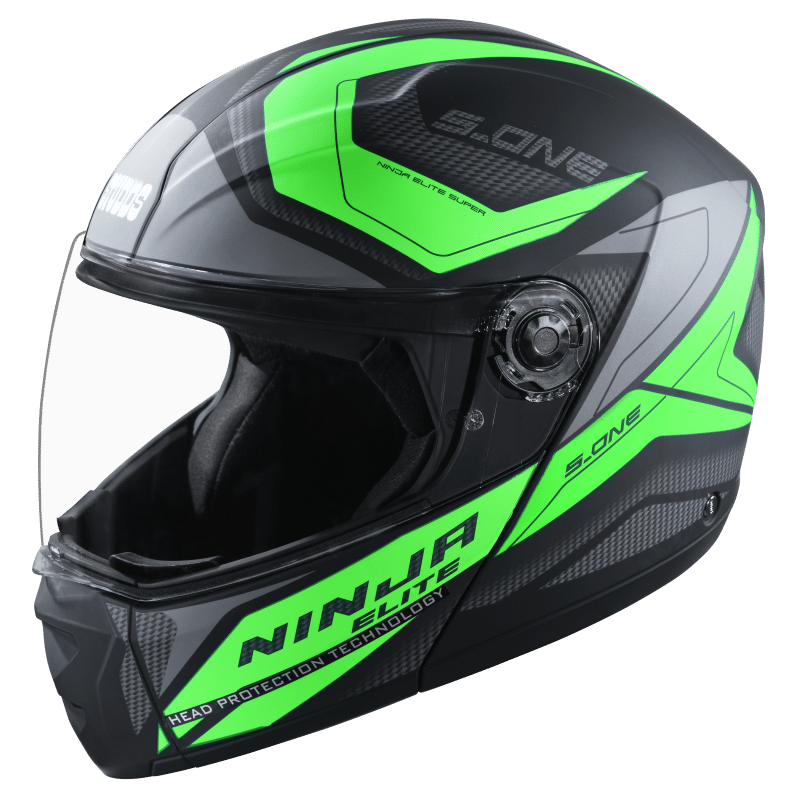
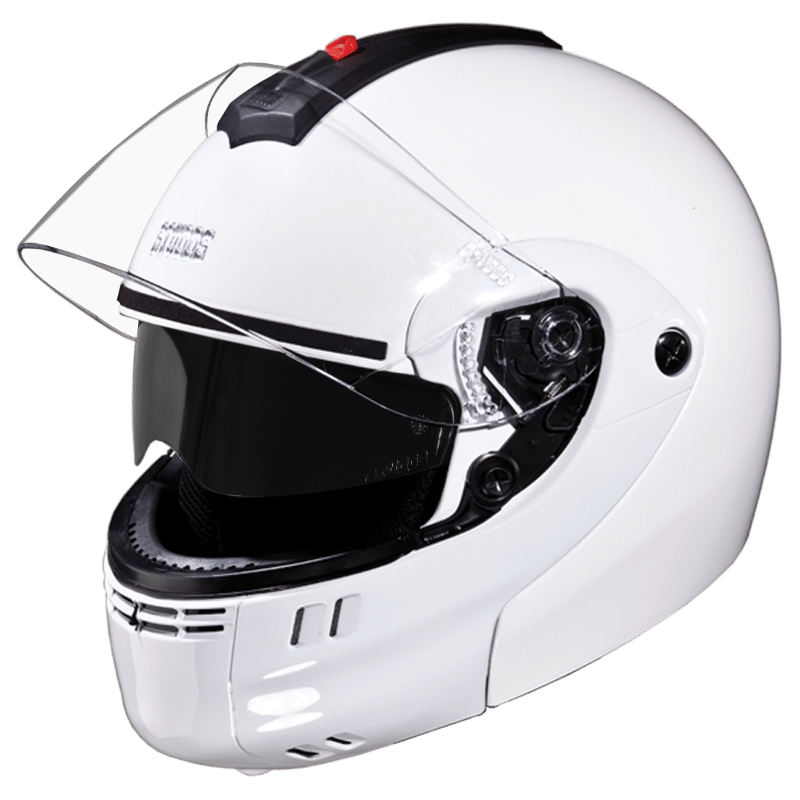
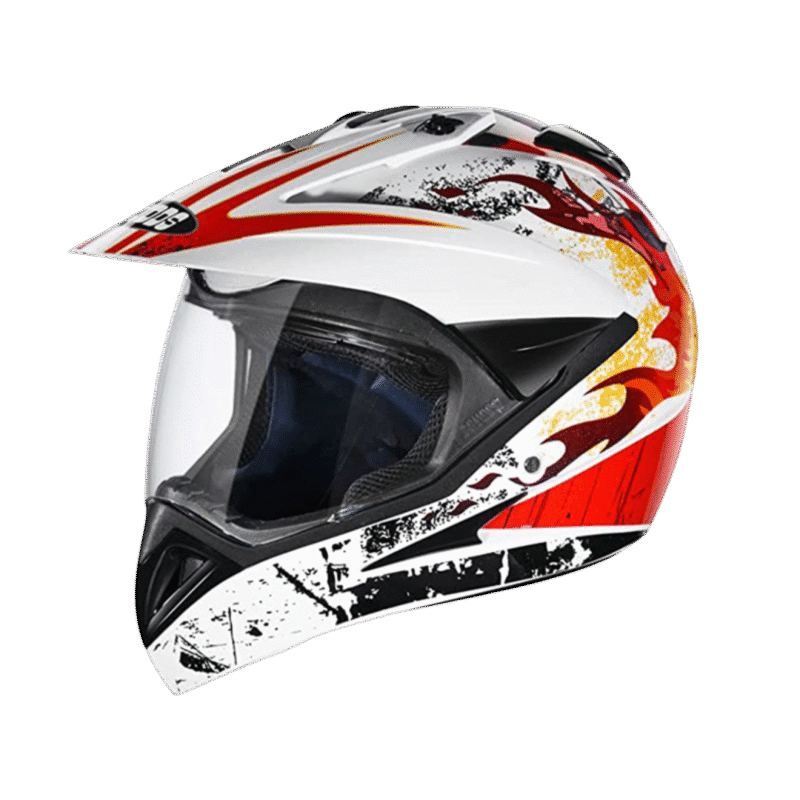
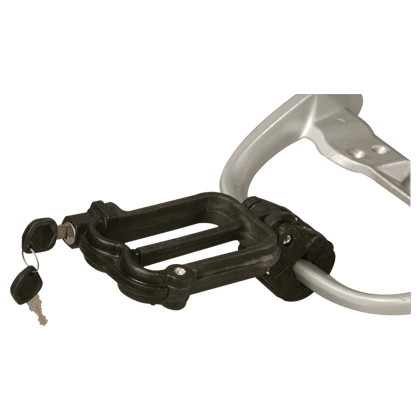
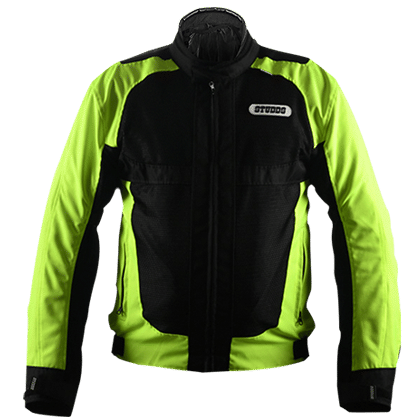
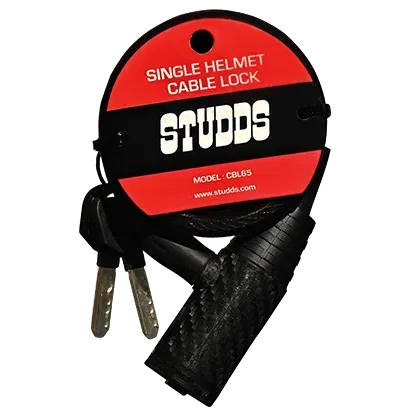
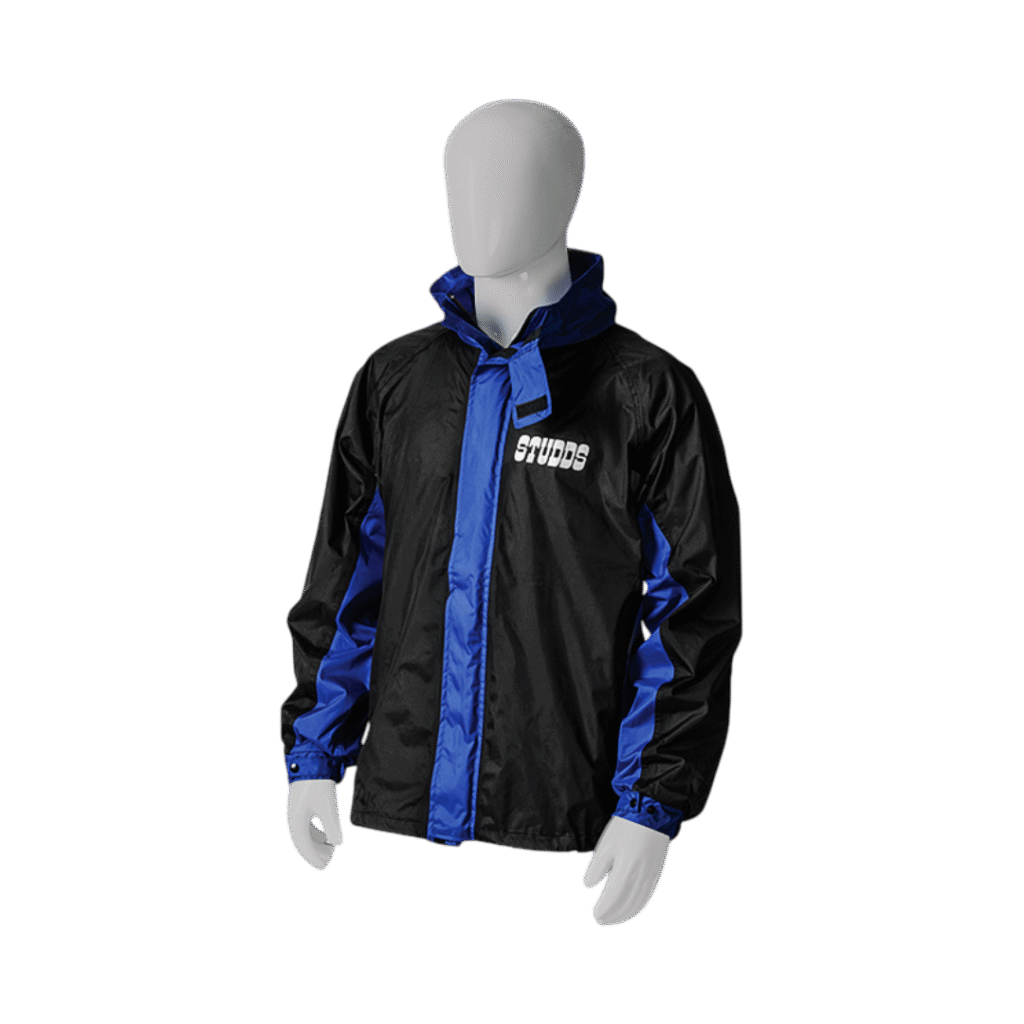
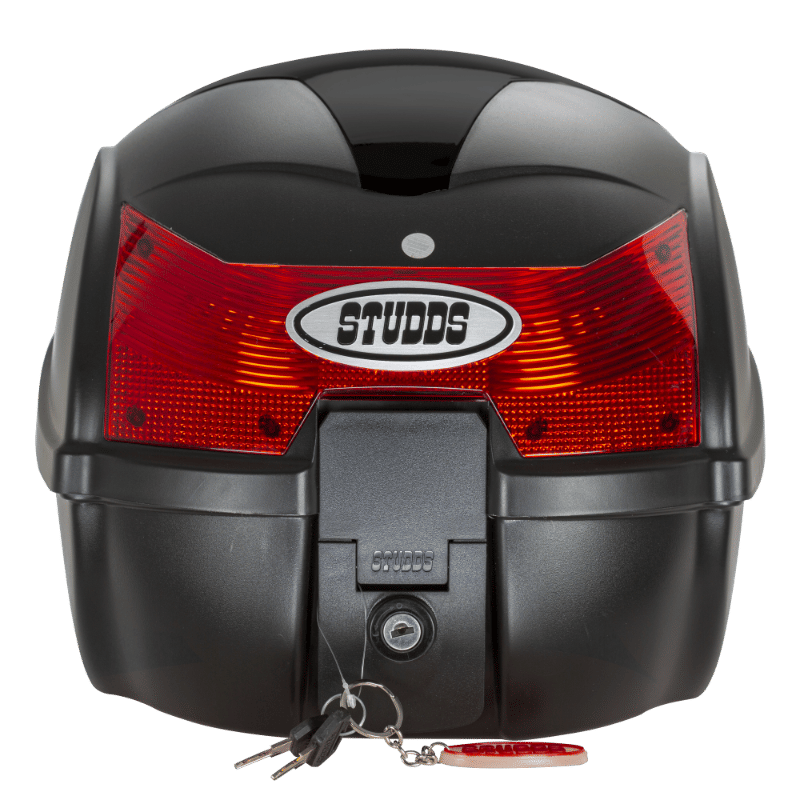

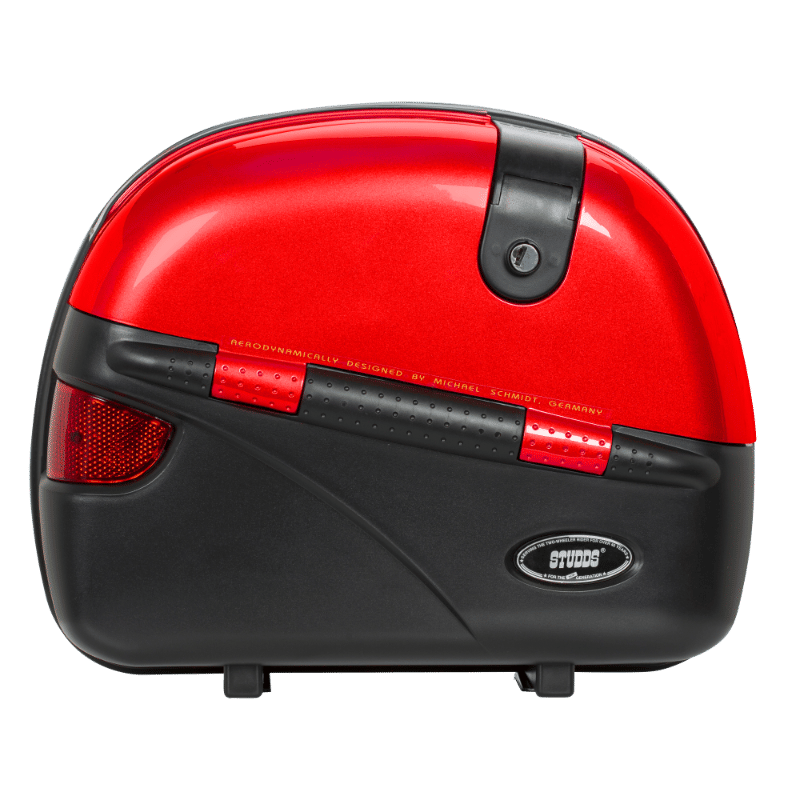
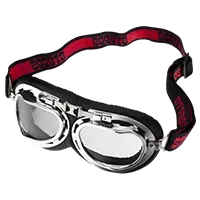
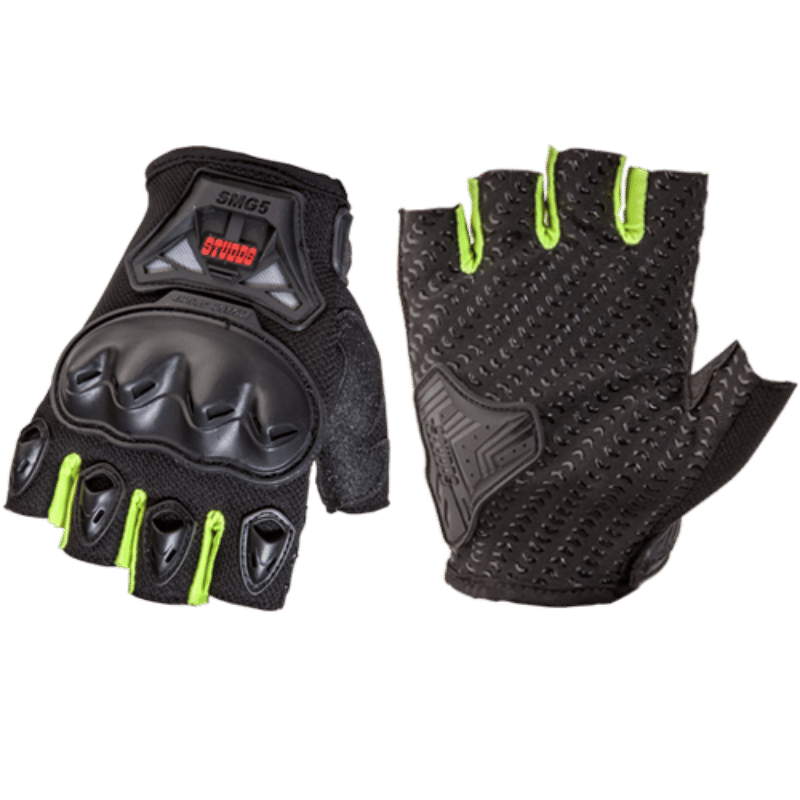
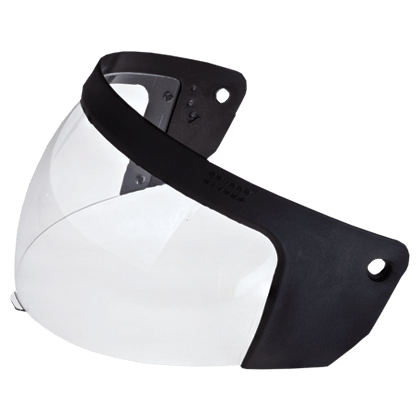
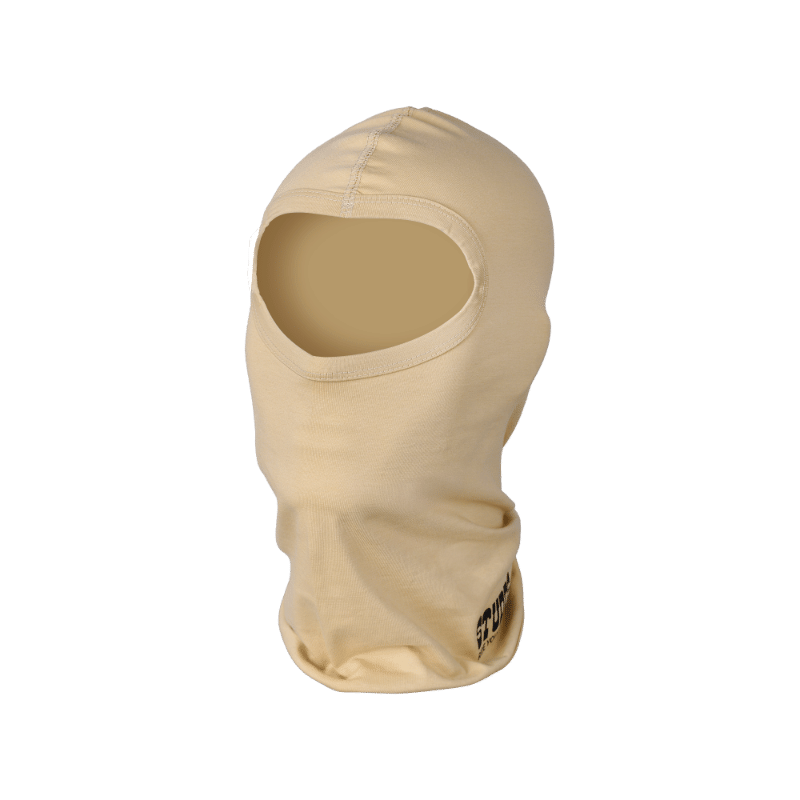

 STUDDS Accessories
STUDDS Accessories  18/09/2020
18/09/2020